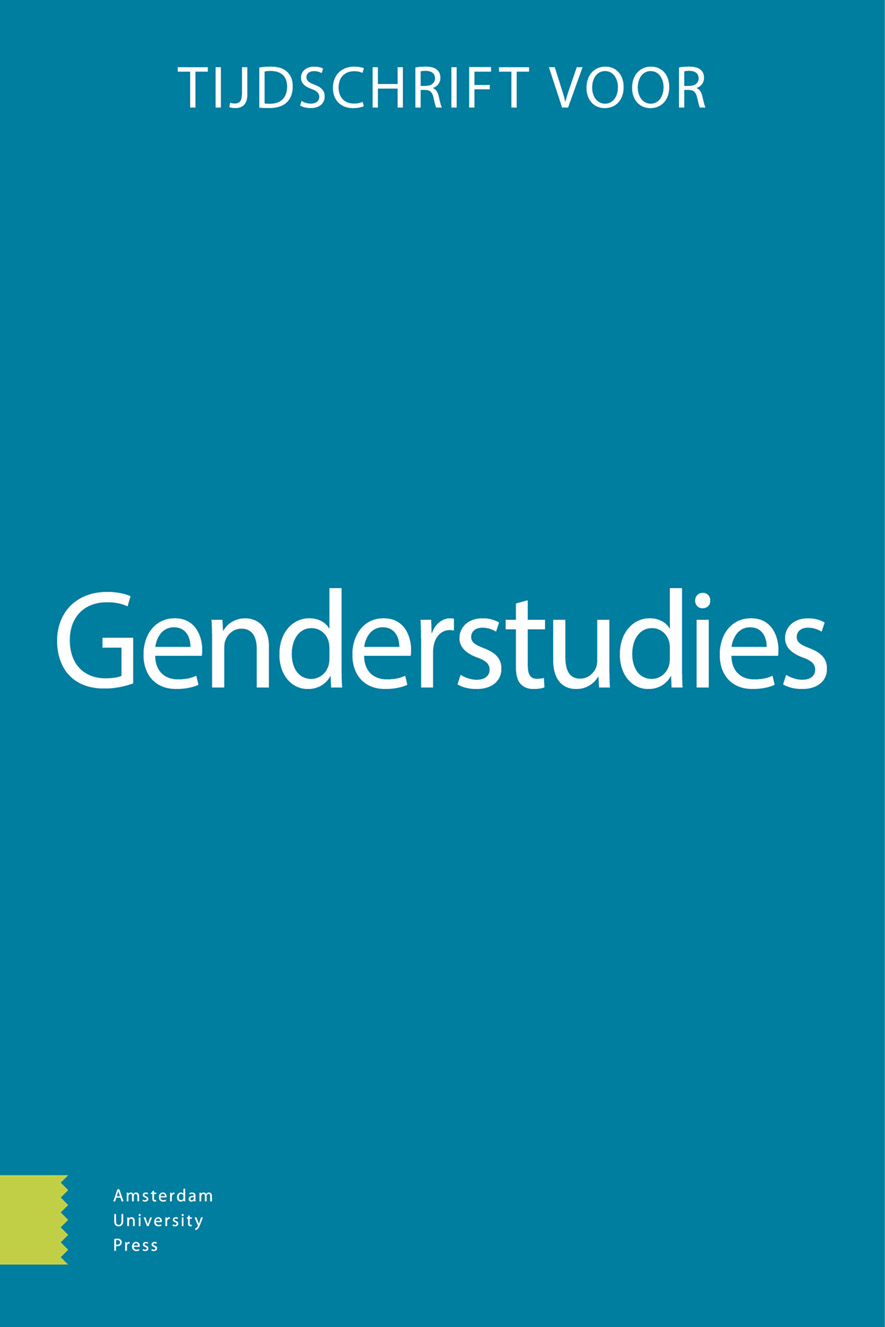-
OAEen pleidooi voor radicale liefde
Naar een ethiek van kwetsbaarheid
- Amsterdam University Press
- Source: Tijdschrift voor Genderstudies, Volume 21, Issue 4, jan. 2019, p. 307 - 324
-
- 01 jan. 2019
Samenvatting
In this paper I make an analysis of the dominant ideas on love in Belgian society, based on the narratives of men and women in (predominantly heterosexual) non-monogamous relationships. The narratives of these men and women show that although their practices do not conform to the ideal of the monogamous couple relationship, they often reproduce the gendered power relations inherent in the romantic love complex, thereby privileging the doctrine of detached individualism and invulnerability over notions of responsibility and care. Building on feminist critiques of the romantic love complex, this paper questions the subversive potential of these non-monogamous lifestyles as they seemingly fail to adequately challenge underlying patriarchal structures and mechanisms. The paper proposes an ethics of intersubjective vulnerability, which is defined by both a critical disposition and responsiveness to our own vulnerability and the vulnerability of others, as a prerequisite for radically rethinking love.


